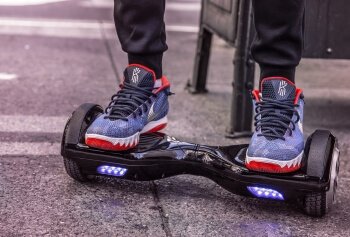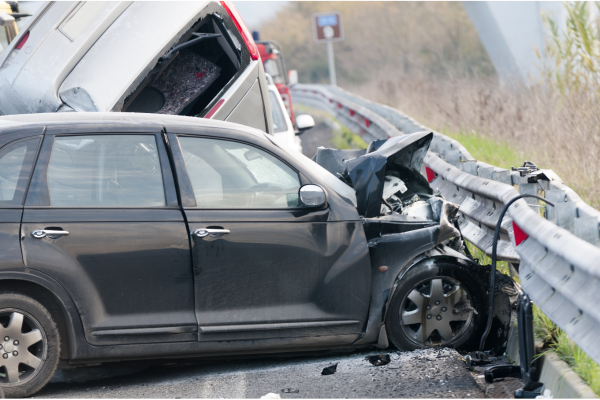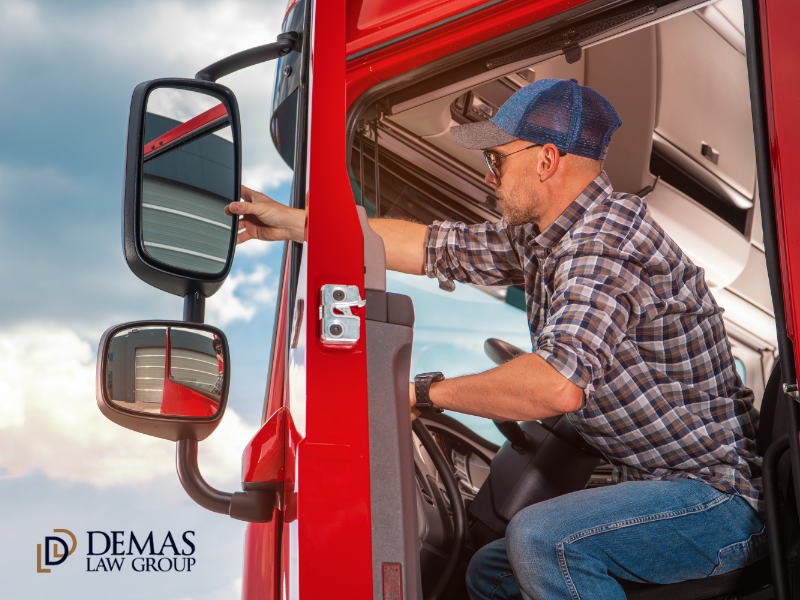Not too long ago, hoverboards were on a lot of Christmas wish lists. Last week, the first ever fatal blaze involving a hoverboard claimed three people including two girls, 3 and 10 in Harrisburg, Pennsylvania. According to a news report in The Philadelphia Inquirer, a firefighter who was on the way to fight the March 10 fire died in a car crash. Officials are continuing to investigate the fire.
But preliminary reports show that it was caused by a hoverboard that overheated when it was being recharged. The U.S. Consumer Product Safety Commission (CPSC) is looking into whether the hoverboard that sparked the Harrisburg fire was one of several models that were recalled due to the danger of explosions and fires.
The Danger of Hoverboards
Hoverboards have been soaring in popularity in recent years. These are basically electronic scooters. But they have caused serious concerns because of the dangers they pose. Hoverboards are powered by lithium-ion batteries, the same type of batteries that have caused the Samsung Galaxy 7 phones to explode. Last year, CPSC recalled more than 500,000 hoverboards made by 11 different companies. The devices have been banned by several airlines and a number of local colleges and universities don’t allow hoverboards on campus. The devices have still been popular among consumers despite the fire threat.
Lithium-ion batteries have a flammable electrolyte in them. A number of products we use on a daily basis such as laptops and cell phones have these batteries in them. And in most of these products the batteries are safe because they must meet much higher quality standards. However, powerful, poor-quality batteries such as those found in some medical devices, auto products, and hoverboards, can be extremely dangerous.
Experts say a number of hoverboard manufacturers are using “second-tier” battery sources, which are going to have a higher rate of defects. Toys like hoverboards also have more of the lithium-ion batteries in them compared to other smaller devices because they require more power. When there’s so much energy packed in such a small space, when something goes wrong or when there is a defect, the consequences are often catastrophic.
If You Have Been Affected
So what is the legal recourse for consumers who have been affected by these dangerous and/or defective products? If you have been injured and/or suffered property damage as the result of a defective hoverboard, you may be able to file a product liability lawsuit against the manufacturer and/or retailer, distributor and other parties involved in the chain. In such cases you could seek compensation for damages including medical expenses, lost wages, hospitalization, permanent injuries, disabilities and pain and suffering. Anyone who has lost a loved one as the result of a defective product may also be able to file a wrongful death lawsuit against the manufacturer.
An experienced Sacramento product defect lawyer can help you better understand your legal rights and options. Contact the Demas Law Group P.C., at (916) 444-0100 for a free, comprehensive and confidential consultation.











